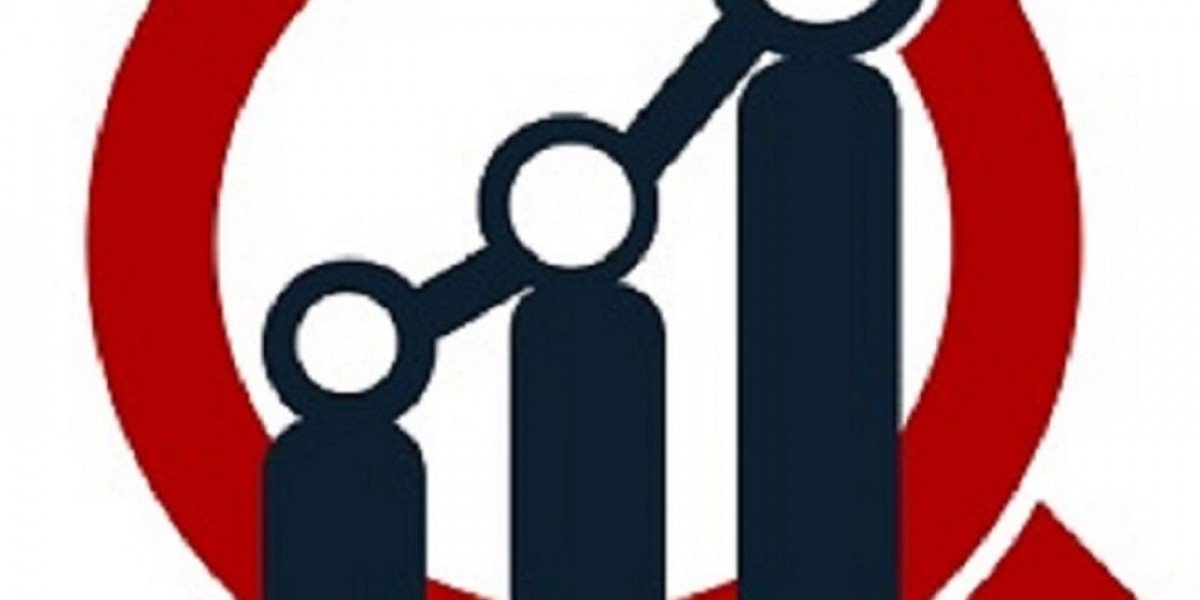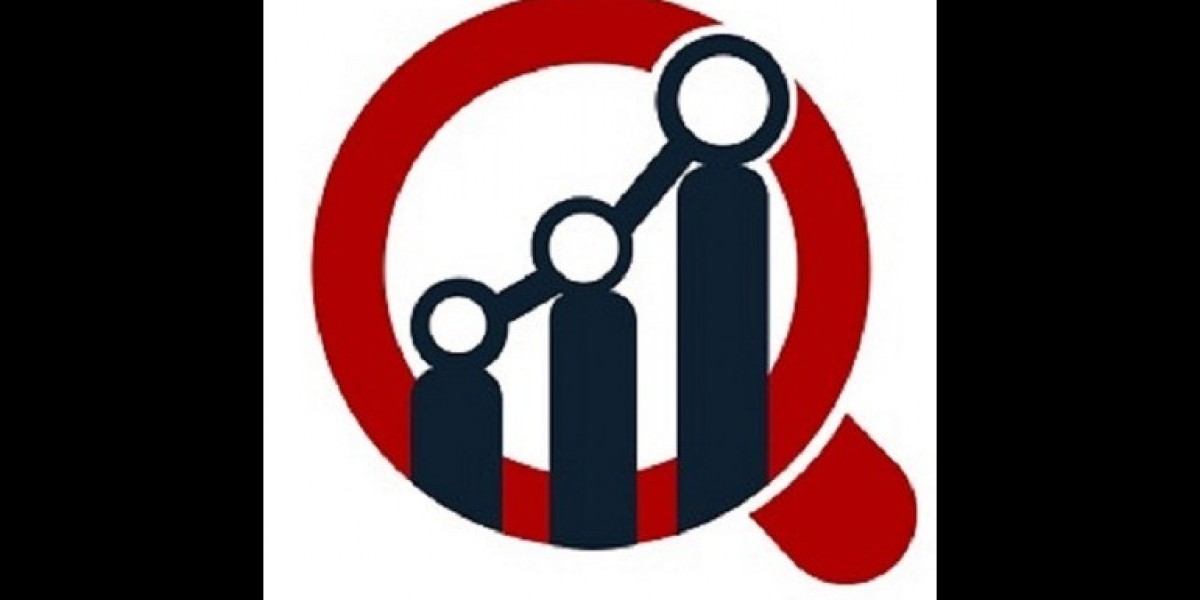Islamic Finance: Principles, Practices, and Global Impact
Islamic Finance Market is a financial system based on the principles of Shariah (Islamic law). Unlike conventional finance, it emphasizes ethical investing, risk-sharing, and the prohibition of interest (riba). With its roots in Islamic teachings, Islamic finance has grown into a global industry, appealing not only to Muslims but also to investors seeking ethical and socially responsible financial alternatives.
Core Principles of Islamic Finance
Prohibition of Riba (Interest):
Islamic finance strictly prohibits earning or paying interest. Money, in Islam, is considered a medium of exchange and not a commodity that can generate profit on its own.Profit and Loss Sharing:
Transactions are structured around shared risk and reward. Common financial instruments include Mudarabah (profit-sharing) and Musharakah (joint venture partnerships).Asset-Backed Financing:
All financial transactions must be backed by tangible assets or services, promoting real economic activity. This makes the system less speculative and more stable.No Gharar (Uncertainty or Speculation):
Excessive uncertainty, gambling (Maisir), and speculative investments are prohibited. Contracts must be clear and transparent.Ethical Investments:
Investments must align with Islamic values. Sectors like alcohol, gambling, pork, and interest-based businesses are off-limits.
Key Islamic Financial Instruments
Murabaha (Cost-Plus Financing):
A common Islamic financing method where the seller discloses the cost and profit margin to the buyer. Often used in home and car financing.Ijara (Leasing):
The bank buys and leases out an asset. Ownership remains with the bank while the client pays rent, eventually acquiring ownership in some cases.Sukuk (Islamic Bonds):
An alternative to conventional bonds. Sukuk holders own a share of an asset and earn profit rather than interest.Takaful (Islamic Insurance):
A cooperative model of insurance where participants contribute to a shared pool to cover each other’s losses, adhering to mutual assistance.
Global Growth and Impact
Islamic finance has seen rapid growth over the last few decades. Major financial hubs like Malaysia, the UAE, Saudi Arabia, Bahrain, and the UK have developed robust Islamic finance ecosystems. The global Islamic finance industry is projected to surpass USD 3 trillion in assets, driven by increasing demand from both Muslim and non-Muslim markets.
Islamic banks, Shariah-compliant investment funds, and takaful companies are now major players in many economies. Governments are also issuing sukuk to attract global investors.
Challenges and Opportunities
Standardization: Variations in Shariah interpretations across countries can lead to inconsistencies.
Awareness: Limited public understanding of Islamic finance principles remains a barrier in non-Muslim majority regions.
Innovation: There's growing demand for modern Islamic fintech solutions, including digital banking, crowdfunding, and blockchain-based Shariah-compliant platforms.
Despite challenges, Islamic finance is poised for continued growth, especially as ethical and sustainable investing gains prominence worldwide.
Conclusion
Islamic finance offers a compelling alternative to conventional financial systems—rooted in ethics, fairness, and real economic value. As more individuals and institutions seek socially responsible investment options, Islamic finance is well-positioned to meet those needs while staying true to its religious and moral foundations.
Related Report -
Agriculture Reinsurance Market
Insurance Bpo Services Industry Market
Iot Banking Financial Services Market
Online Travel Booking Platform Market








